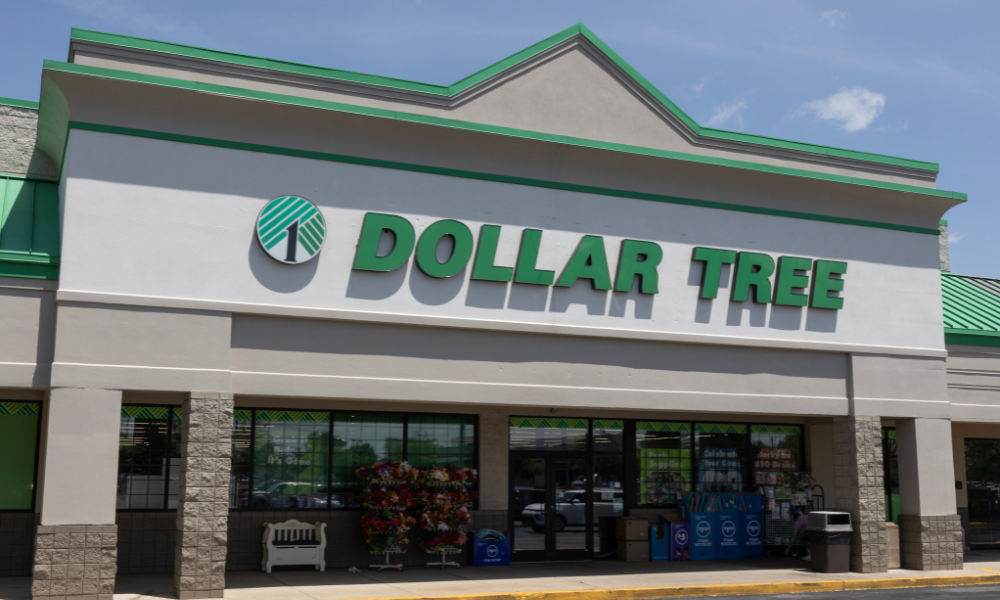Dollar Tree Challenges Cincinnati Insurance Over Denied Helium Injury Claim in Federal Lawsuit
By Staff Reporter, August 26, 2025
Dollar Tree Stores, Inc. has filed a federal lawsuit against Cincinnati Insurance Company, alleging wrongful denial of coverage for a personal injury claim stemming from a helium tank accident at its Norwalk, Connecticut store. The complaint, lodged on August 20, 2025, in the U.S. District Court for the District of Connecticut (Case No. 3:25-cv-01340), accuses the insurer of breaching its obligations under a commercial general liability policy, leaving Dollar Tree to shoulder significant defense costs. This high-stakes legal battle underscores broader issues in commercial insurance and could set a precedent for how insurers handle claims involving large retailers.
The Incident and Coverage Dispute
The lawsuit originates from an October 5, 2022, incident where customer Norma Pellot filed a personal injury lawsuit against Dollar Tree in Connecticut Superior Court (Judicial District of Bridgeport). Pellot alleges she suffered bodily injury when a helium tank nozzle exploded, damaging her hand. Dollar Tree claims it is entitled to defense and indemnity coverage under a policy (No. EPP0567788) issued by Cincinnati Insurance to Zephyr Solutions LLC, a supplier of helium products and high-pressure cylinders under a December 20, 2019, Product Supply Agreement. The policy, effective from February 6, 2022, to February 6, 2023, reportedly included Dollar Tree as an additional insured, with $1 million in personal injury coverage, $2 million in products liability, and $2 million in umbrella coverage, per a certificate from Zephyr’s broker, Althans Insurance Agency, Inc.
Dollar Tree and Zephyr provided timely notice of Pellot’s lawsuit to Cincinnati Insurance, fulfilling policy conditions. However, Cincinnati denied coverage, citing an exclusion in the General Liability Broadened Endorsement (GA210, 09/17), which bars coverage for bodily injury “arising out of the sole negligence of the vendor for its own acts or omissions or those of its employees.” Cincinnati argued that the injuries were caused solely by Dollar Tree’s negligence, thus excluding coverage. Dollar Tree counters that the exclusion does not apply, alleging evidence of negligence by Zephyr and Pellot herself. It further argues that an exception to the exclusion—for inspections, adjustments, or servicing Zephyr agreed to perform—should trigger coverage. Additionally, Dollar Tree asserts its status as an “Automatic Additional Insured” under the policy, as Zephyr contractually agreed to provide insurance for liabilities arising from helium sales in Dollar Tree’s regular business.
Legal Claims and Financial Stakes
The complaint seeks a judicial declaration that Cincinnati Insurance must provide defense and indemnity for Pellot’s lawsuit. Dollar Tree also alleges breach of contract, breach of the implied covenant of good faith and fair dealing, and violations of the Connecticut Unfair Trade Practices and Unfair Insurance Practices Acts. The retailer claims to have incurred over $150,000 in defense costs due to Cincinnati’s refusal to defend, with potential indemnity costs looming if Pellot’s lawsuit succeeds.
The case, assigned to District Judge Victor A. Bolden, includes exhibits such as the Product Supply Agreement, the certificate of insurance, and correspondence between Dollar Tree and Cincinnati, including a July 11, 2025, denial letter from the insurer. A summons was issued to Cincinnati on August 21, 2025, with a response due within 21 days.
Broader Implications
This lawsuit highlights the complexities of additional insured endorsements and policy exclusions in commercial insurance. Alessandro Simonelli, an insurance industry analyst, noted, “Cases like this expose the tension between retailers and insurers over who bears liability in supply chain accidents. Clear policy language is critical, but disputes often hinge on interpretation.” Posts on X reflect mixed sentiments, with some users questioning insurers’ tactics to avoid payouts, while others argue retailers like Dollar Tree must ensure supplier accountability.
The outcome could influence how insurers handle claims involving large commercial policyholders and shape future contracts for additional insured coverage. It also underscores the financial risks retailers face when insurers deny defense, forcing them to fund costly litigation out of pocket.
Looking Ahead
As the case progresses, key issues will include whether Cincinnati’s exclusion applies and if Dollar Tree qualifies as an additional insured. Discovery is set to conclude by February 19, 2026, with dispositive motions due by March 26, 2026. If unresolved, the dispute could escalate to trial, potentially impacting insurance practices nationwide. For now, Dollar Tree’s fight against Cincinnati Insurance signals a broader battle over accountability in retail supply chains.
For updates, follow the case on PACER (Case No. 3:25-cv-01340) or visit www.pacermonitor.com.
If you’d like a deeper analysis of the legal arguments, potential outcomes, or specific public reactions on X, let me know, and I can provide further details! Additionally, I can explore related cases, such as Cincinnati Insurance’s other disputes, if you’re interested.
